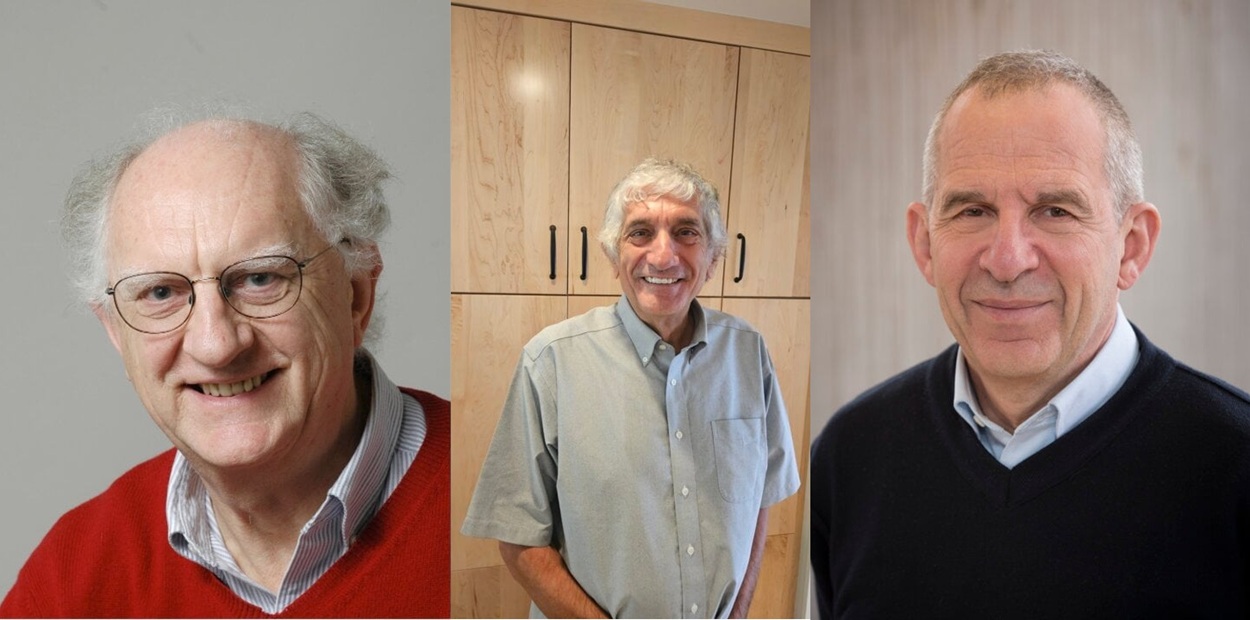Three physicists have been awarded the 2025 Nobel Prize in Physics for work that transformed our understanding of quantum mechanics. John Clarke, Michel H. Devoret, and John M. Martinis were honoured for discoveries that paved the way for powerful quantum computers.
The Royal Swedish Academy of Sciences made the announcement in Stockholm, praising their experiments on electrical circuits from the 1980s. “There is no advanced technology today that does not rely on quantum mechanics,” said the Nobel committee.
The trio’s research revealed how particles can “tunnel” through barriers once thought impossible, a process now key to building quantum chips. Their discovery proved that quantum behaviour could exist in everyday electrical systems.
Professor Clarke, born in Cambridge and now at the University of California, Berkeley, said he was “completely stunned” by the news. “At the time, we never imagined this could lead to a Nobel Prize,” he told reporters.
His co-winners include Michel H. Devoret from Yale University and John M. Martinis from the University of California, Santa Barbara. They will share prize money worth 11 million Swedish kronor (£872,000).
Experts hailed their work as the foundation of superconducting qubits, the core of quantum computing technology. “Their research has laid the groundwork for a new era in computing,” said Professor Lesley Cohen of Imperial College London.
For a field often viewed as complex, the impact is clear — their ideas power much of today’s modern world, from smartphones to supercomputers.
Photo credit showing John Clarke, John M. Martinis, and Michel H. Devoret, nobelprize.org

